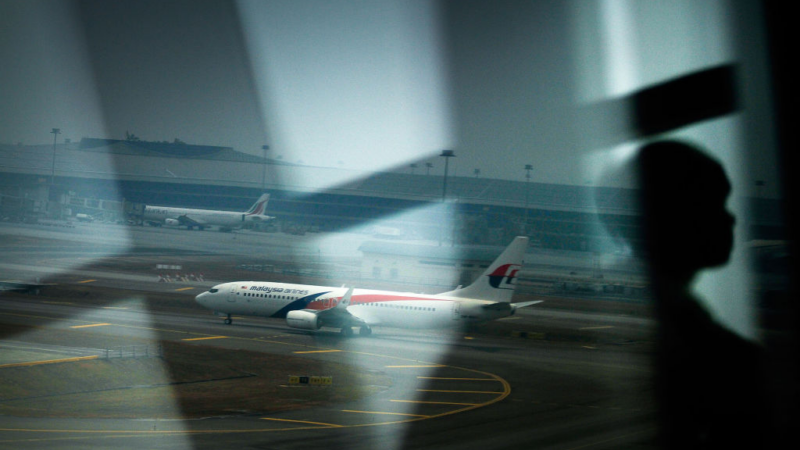The search for the missing Malaysian Airlines Flight MH370 has resumed once again
The disappearance of Malaysia Airlines Flight MH370 in 2014 shocked the world and left many unanswered questions.
In March 2014, Flight MH370 vanished from radar shortly after taking off from Kuala Lumpur airport en route to Beijing. More than 10 years later, the 239 people — 12 crew members and 227 passengers — on board have still not been located or recovered. But the search for the truth continues.
Recently, Malaysia’s Transport Minister, Anthony Loke, announced that a new search for the missing flight has resumed. The exact details of the contract with the maritime exploration firm conducting the search are still being finalized.
Three things to know
- The original search efforts to locate the vanished flight spanned several years, cost over $150 million, and were considered the most extensive multinational air and sea search in history.
- Last December, NPR’s Julianna Kim reported that the Malaysian government announced plans for a renewed search led by Ocean Infinity. This Texas-based marine robotics firm previously directed a search for flight MH370 in 2018.
- On Tuesday, Loke announced to reporters that this search was officially back on. Officials hope that technological advancements will improve the chances of locating the aircraft this time around.
Listen to NPR’s Short Wave podcast for more discoveries, everyday mysteries, and the science behind the headlines.
How will this search work?
According to Kim’s reporting, the search will operate on a “no find, no fee” principle, meaning Ocean Infinity will only be compensated if the aircraft’s wreckage is discovered. The reward stands at $70 million, as reported by the Associated Press.
This new search will concentrate on a different location covering 15,000 square kilometers (or 5,800 square miles), in the southern Indian Ocean, based on the “latest information and data analyses conducted by experts and researchers,” Loke said. He did not provide details on how long the search is expected to last, as those negotiations are still underway.
Dive deeper with NPR:
- Read more from Kim’s in depth story on these renewed search efforts from December 2024
- Listen to NPR’s State of the World podcast for a human perspective on global stories in just a few minutes, every weekday.
The hidden cost of oil: Families fractured by a pipeline project
As the 900-mile East African Crude Oil Pipeline project takes shape in Uganda, there is the promise of economic benefit. But it's shaking up the lives of some 100,000 people.
What’s the best Pixar movie? Here’s what our listeners said
People have strong opinions about the best Pixar movies. We asked NPR Pop Culture Happy Hour listeners to vote.
Why some see the dollar’s drop as a sign America is losing its financial might
The dollar has just posted its worst first-half of a year since 1973. And now investors wonder — is it a sign that America is losing its financial standing?
‘The worst day of my life:’ Texas’ Hill Country reels as deaths rise due to floods
Dozens of people have died in the Texas Hill Country. Scores of others are missing or unaccounted for. As rescue crews continue to search for victims, those who survived are coping with the loss.
Trump plans to share new tariff rates this week as deadline for deals approaches
The administration keeps shifting its plans when it comes to trade negotiations. The latest expectation is that most countries will receive new tariff rates this week that would go into effect on Aug. 1.
Are seed oils actually bad for your health? Here’s the science behind the controversy
Health Secretary RFK Jr. has said vegetable oils, like canola and soybean, are 'poisoning Americans.' But many researchers say the evidence isn't there. So, what does the science say about seed oils?









